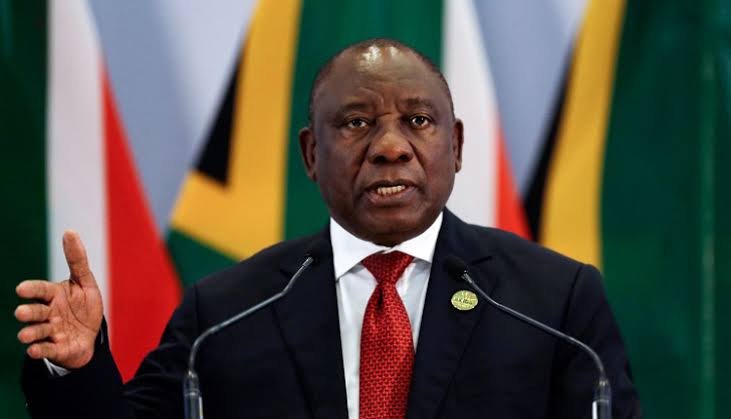Microsoft Partners South Africa to Train 25,000 Unemployed Youths
The South African Department of Basic Education has entered a partnership agreement with Microsoft to provide digital skills training to 25,000 unemployed youth in the country. This partnership was fueled by the Basic Education Employment Initiative (BEEI), which, the Department says, created more than 300,000 job opportunities across the country.
The initiative forms part of the broader announcement by President Cyril Ramaphosa in October 2020 of a R100 billion ($7-billion) fund to create 800,000 public sector jobs in the next three years.

“As the South African government continues to ramp up investment as part of its goal to stimulate economic recovery and employment opportunities, the Department of Basic Education has committed to playing a key role in strengthening the teaching and learning environment in South African schools,” says SG Padayachee, Deputy Director-General and Project Owner at the Department of Basic Education.
Read also:Every Digital Business Needs a Data Strategy
“By investing in digital skills development programmes, the Department is empowering the country’s youth with critical skills and creating employment opportunities. Our training programme in partnership with Microsoft enables unemployed youth to gain relevant digital skills, creates employment opportunities for these youth as education assistants equipped to support teachers and learners, and ensures that they gain meaningful experience to improve their overall employability,” Padayachee continues.
“This all ties in with the government’s overall digital transformation journey and to develop the skills needed to meet the current and future requirements of the Fourth Industrial Revolution.”
The training, which ran until the end of March 2021, combined virtual remote instructor-led training and self-paced online learning using Microsoft Teams.
Read also:Why Mobile Technology is Important to Rural African Communities
It equipped successful candidates identified by the individual Provincial Education Departments with skills needed for their duties as education assistants to support teachers and learners in approximately 25,000 schools across the country.
These skills include moving from the basics of digital literacy to using technology for learning and teaching, as well as an introductory course of coding.
The eCadres were trained on how to work with computers, online tools to communicate and collaborate online and to enhance teaching and deepen learning. This also includes support and the transfer of skills to teachers in terms of remote training and learning, navigating e-course material and submitting online assessments.
“Digital skills are the backbone of the ability to thrive in the Fourth Industrial Revolution – acting as a driver of youth employment, education and broader economic growth in the country.
This is why we actively work to collaborate with public and private sector partners to develop these critical capabilities where they are most in-demand,” says Sikhumbuzo Ngcobo, Public Sector Director at Microsoft South Africa.
“Partnering with the Government through our skills development programmes also support their overall transformation journey by helping to create a strong pipeline of digital skills needed to navigate a rapidly evolving world.”
Read also:MTN Partners WhatsApp for Online Payments in South Africa
The youth employment drive implemented by the Department of Basic Education is working to improve teaching and learning in South African schools while simultaneously creating job opportunities for unemployed youth and passing on the skills needed by the country’s future workforce.
On successful completion of the digital skills training programme, eCadres have access to Microsoft Learn, an online learning platform where they can access interactive, hands-on learning paths, acquire new skills, and find certifications to advance their careers.
Kelechi Deca

Kelechi Deca has over two decades of media experience, he has traveled to over 77 countries reporting on multilateral development institutions, international business, trade, travels, culture, and diplomacy. He is also a petrol head with in-depth knowledge of automobiles and the auto industry

